Please Subscribe! ▶ https://goo.gl/ksfh7M Eggs, whether boiled, poached, or scrambled, they are a great way to start your day. These little orbs are a great source of protein and amino-acids. Proteins are the building blocks of life. Every cell in the human-body contains protein. The basic structure of protein is a chain of amino-acids. You need protein in your diet to help your body repair cells and make new ones. Eggs are one of the few foods with complete proteins, that is, they contain proper proportions of all nine essential amino acids required by the body. They are also packed with numerous vitamins and minerals including Vitamin-A, vitamin-B12, Vitamin-D, Vitamin-E, folate, selenium, choline, and others. Eggs are one of the highest protein breakfast options One of the key steps you can take to help manage their appetite throughout the morning is to ensure that their breakfast choice has enough protein. 2-eggs served with 2 slices of wholegrain toast contain at least 20g of protein, much of which is of ‘high biological value’ protein, which means it is easily used in the body. This means that choosing eggs for breakfast will give you at least 25% more protein than other popular breakfast choices. Here are few of the many Amazing Health Benefits your body receives If You Eat 2 Eggs at Breakfast For a Month 1.Eggs Raises the Good Cholesterol Eating eggs leads to elevated levels of HDL (High-density lipoprotein), which is also known as the “good” cholesterol. People who have higher HDL levels have a lower risk of heart disease, stroke and other health issues. According to one study, eating two eggs a day for six weeks increased the good-cholesterol level by 10-percent. 2.Can Help You lose That Extra weight Forget counting calories and cutting out carbs. The key to losing weight could be as simple as having 2-eggs for breakfast. Scientists have shown that those who start their day with poached, boiled or scrambled eggs can lose up to two-thirds more weight than others. The secret of the egg’s success lies in its ability to make us feel full for longer than many other foods there-by consuming less calories. 3.Eggs help with brain development and memory. Choline, an essential nutrient found in eggs, stimulates brain development and function. It has also been linked with increasing memory-power and alertness 4.2 Eggs at breakfast can protect your eyesight. Two antioxidants, leutin and zeaxanthin, are present in eggs and have been linked to protecting eyes from damage related to Ultra-Violet exposure. They have also been associated with reducing the likelihood of developing cataracts in your old age 5.Strong Bones Hard-boiled eggs provide Vitamin-D to keep your bones and teeth strong. Vitamin-D promotes the absorption of calcium and regulates calcium levels in your blood. This process ensures that your skeleton gets the calcium it needs for strength and structure. You need 600 international units of Vitamin-D each day, reports the Office of Dietary Supplements. You get about 45 international units of Vitamin-D from one large hard-boiled egg. NOTE: The materials and the information contained on Natural ways channel are provided for general and educational purposes only and do not constitute any legal, medical or other professional advice on any subject matter. None of the information on our videos is a substitute for a diagnosis and treatment by your health professional. Always seek the advice of your physician or other qualified health provider prior to starting any new diet or treatment and with any questions you may have regarding a medical condition. If you have or suspect that you have a medical problem, promptly contact your health care provide. google plus: https://plus.google.com/b/113379601003474436812/113379601003474436812 Images licensed under Creative Commons: www.wikihow.com www.pixabay.com www.flickr.com www.publicdomainpictures.net
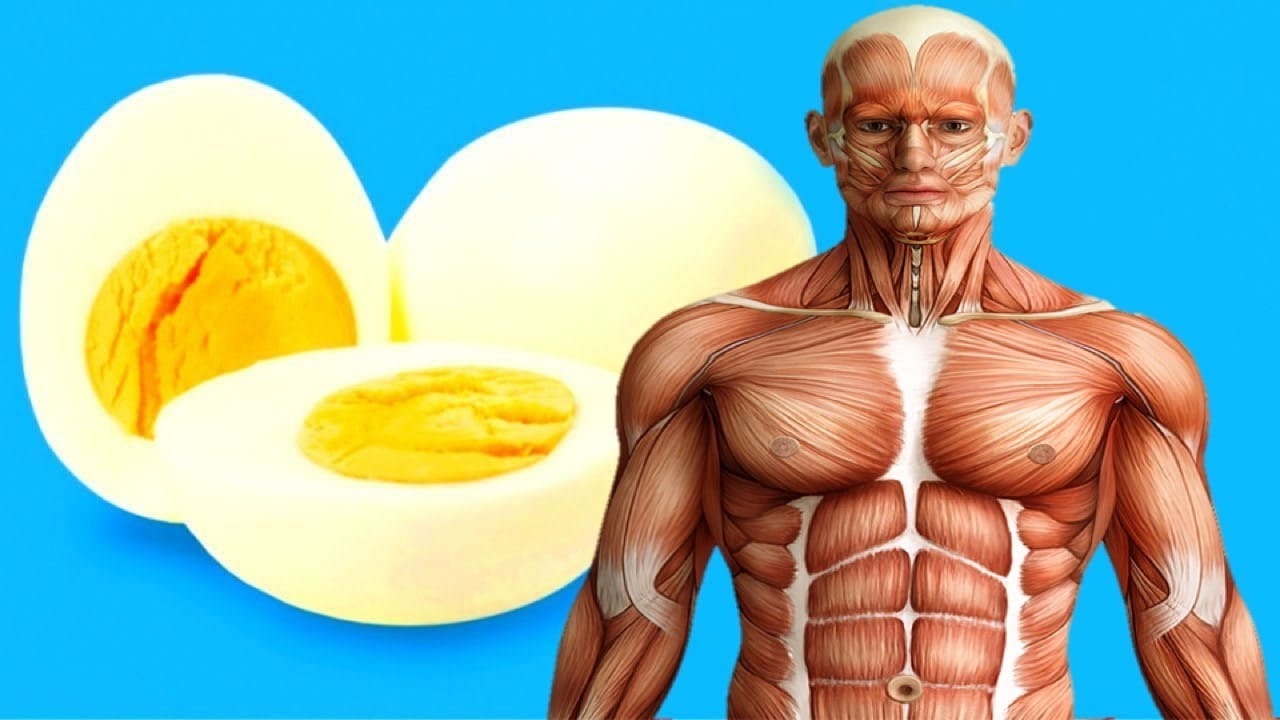
If You Eat 2 Eggs at Breakfast For a Month, This is What Happens to Your Body
- Post author:
- Post published:May 29, 2021
- Post comments:0 Comments
You Might Also Like

How to do a donkey kick/ fire hydrant variation (cycling core exercises demo)

Functional Training Video – 4

Sports Psychiatry Video – 3

Clomid update cd 14

What Exercises Make the Body Hard? : General Fitness Tips
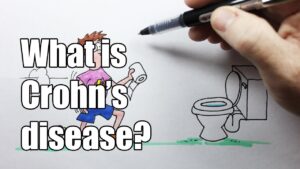
What is Crohn’s disease?

Anabolic Running | Build Head-Turning Muscle

MD 101 | Jose Raymond on Close Grip Bench Press

Digestion in Human Beings 3D CBSE Class 7 Science (www.iDaaLearning.com)

Causes of Male Infertility

Skating Video – 1

Testosterone & Androgenic Effects Video – 49
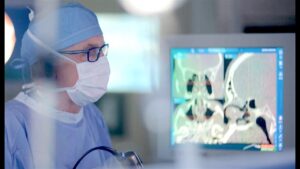
Otorhinolaryngology Video – 1
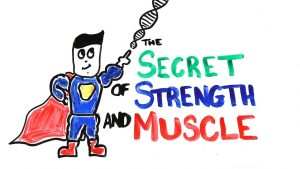
The Scientific Secret of Strength and Muscle Growth

Preacher Curl for Bicep Mass
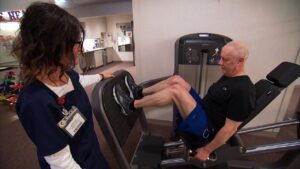
Cardio-Thoracic Physiotherapy Video – 2

Human Body, Body Building Muscle Building Anatomy Physiology Video – 1

Injection abscess at retteri kumaran hospital

Jeff Cavaliere Meal Plan and Workout (1 FULL DAY!)
Body Composition
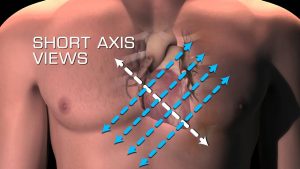
Parasternal Short Axis Views

Jaundice | When to Worry | Parents

Keto Diet, Keto Foods, Keto Recipes Video – 3
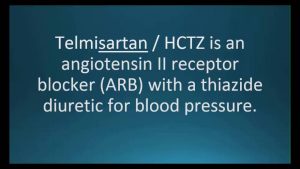
How to pronounce telmisartan / HCTZ (Micardis HCT) (Memorizing Pharmacology Flashcard)

Amino Acids
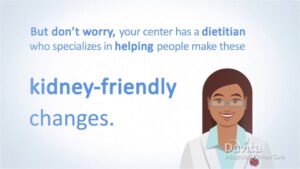
Renal Nutrition Video – 1

Leg Curl-2

SUPER SAIYAN TRUNKS WORKOUT

Barbell PREACHER CURL with Fred BIGGIE Smalls! (Pro Series)
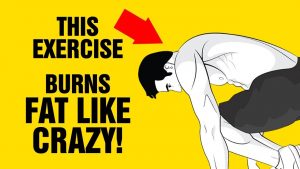
This Full Body Exercise Burns Fat Like Crazy – One Exercise Fat Burning Workout – Sixpack Factory
Lat Pull Down-8
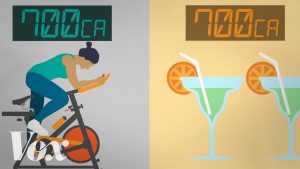
The science is in: Exercise isn’t the best way to lose weight
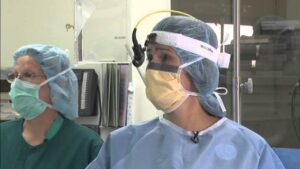
Surgery Books Video – 1
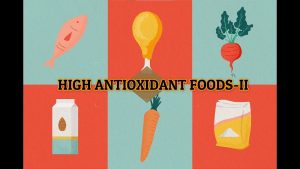
VEGETABLES HIGH IN ANTIOXIDANTS| TOP 5 HIGH ANTIOXIDANT FOODS
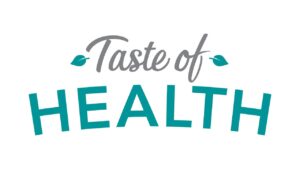
Vitamins Minerals For Health Video – 2

Essential Amino Acids (best mnemonic)

Weight Gain Nutrition Video – 2

Sports Psychiatry Video – 1

How To: Romanian Deadlift (Barbell)
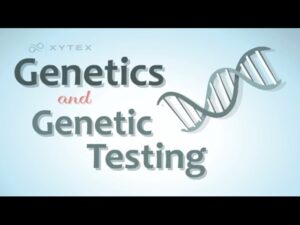
Genetics and Genetics Testing
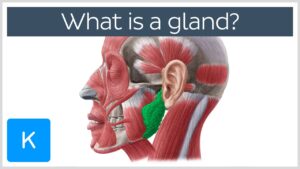
What is a gland? – Human Anatomy | Kenhub

